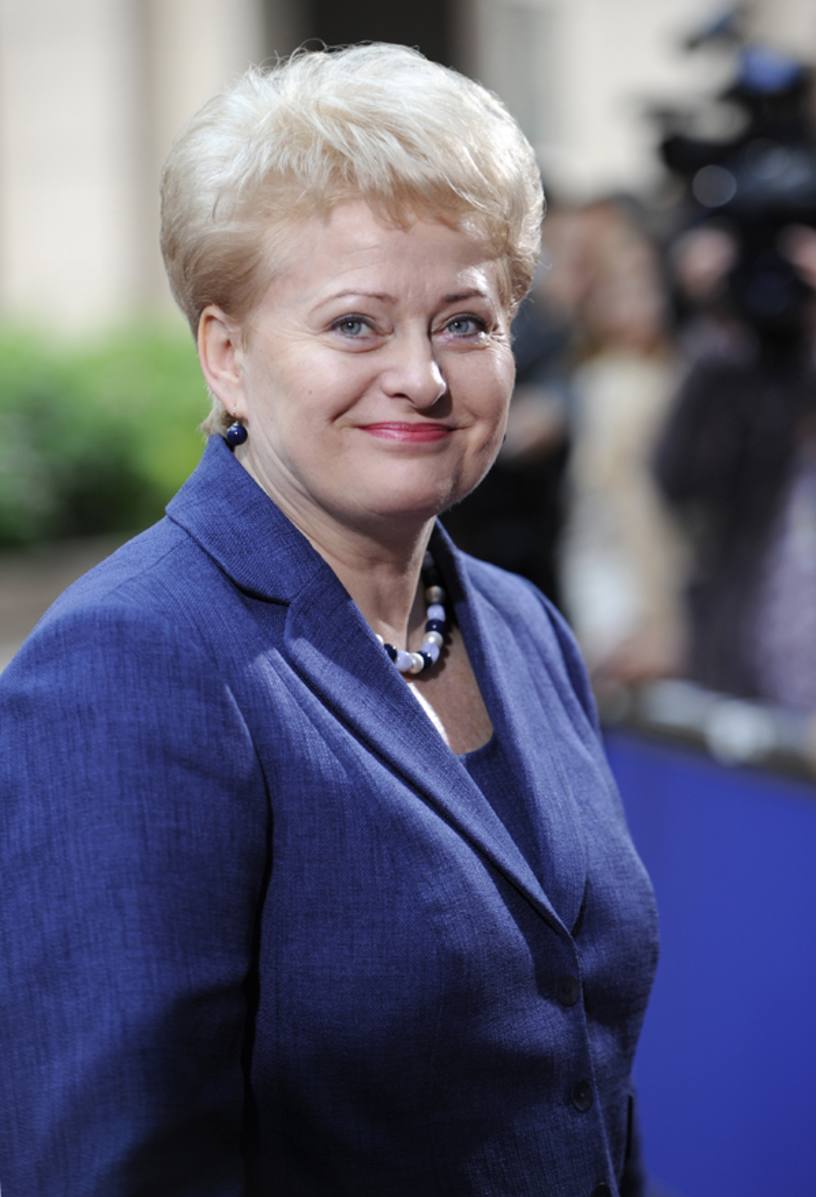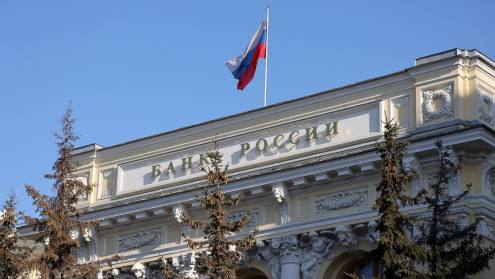Dalia Grybauskaite, the president of Lithuania, is intent on governments balancing their books. And she stands firm on the principle that the euro – into which she is committed to bringing her country – will not survive without much more eurozone governmental collaboration.
Editor's choice
Ms Grybauskaite is frank about Lithuania’s failure by the narrowest of margins – 0.10% – to reach the inflation target to qualify for entry into the eurozone when it was first mooted in 2007. She admits that shortly after the failure to join the currency the inflationary pressures increased unexpectedly, distancing the country further from the target for control of inflation.
“In reality we could not complain,” she confesses candidly. At the same time she is proud of Lithuania's achievement of balancing its payments stability and fiscal balance.
“Savings amounting to 12% of gross domestic product in 2009 and 2010 gave us the possibility to survive on our own without applying for help from the International Monetary Fund or the EU. We increased taxes, we decreased spending and we suffered a little bit. Our salaries have been cut and our social payments have been cut for two years. All this was necessary. This helped us to reduce bubbles, especially in construction.” She does not mention the fact that she also elected to take no more than half her presidential salary.
Impressive history
The world of politics has few female heads of state. If that alone does not make Ms Grybauskaite stand out, then her doctorate in economics completed in the Soviet Union, her higher studies in macro-economics at Georgetown University in Washington, DC, and her spell working as what was all but a finance minister for Europe as a member of the European Commission in Brussels surely does. All of which was achieved before she was elected Lithuania's president in 2009, winning a record two-thirds of the votes cast (in an admittedly low turnout). Ms Grybauskaite's nearest rival won a mere 12% of the vote.
Her quiet office at the Prezidentura in a tree-lined square in the old quarter of Vilnius, Lithuania's capital, with its columned façade, betrays the fact that it was the seat of successive Russian governor-generals in the 19th century, when Lithuania was ruled from St Petersburg. Napoleon also spent time here in 1812 after he briefly expelled the tsar’s men from the country during his ill-fated bid to seize Moscow. But the immaculately coiffured Ms Grybauskaite has little time for history or the story of her own rise to eminence. On her return from UN meetings in New York, and on the eve of the vote on the Greek bailout in the German Bundestag, she is keen to present an attitude of financial orthodoxy.
It is clear that Europe has to be more decisive and more radical. The common currency will not survive without more co-ordinated fiscal policies
“If we want to have a common currency we will have to have stronger and more coordinated fiscal policies. Without that, the eurozone will not be able to survive. From the beginning of the crisis the European reaction was too weak and too late. It is clear that Europe has to be more decisive and more radical. The common currency will not survive without more co-ordinated fiscal policies.
“That is what Lithuania is committed to, common, co-ordinated governance with our partners and neighbours. That’s our conviction. And I could call myself a realistic optimist. That means I’m very critical but I do accept optimism in the final event."
A common error
Turning to the Greek crisis, Ms Grybauskaite says it is the perfect example of a common currency not supported by common policies. “Discipline was off the agenda for decades. Bluff with statistics was also taking place. This was overlooked too easily by other member states." She goes on to warn: “Without common policies the Greek crisis will not be the last.”
The Lithuanian leader is much more reluctant to discuss another of her talents, an expertise in karate. She says: “I was in my late-30s and working in the US and I started to train myself in karate and other martial arts. In three and a half years I did the first dan. They train one for discipline, for values in life. And that helps me in my everyday job. Martial arts are not just about fitness for war. They’re about avoiding fights, about avoiding war but achieving the goals.”












